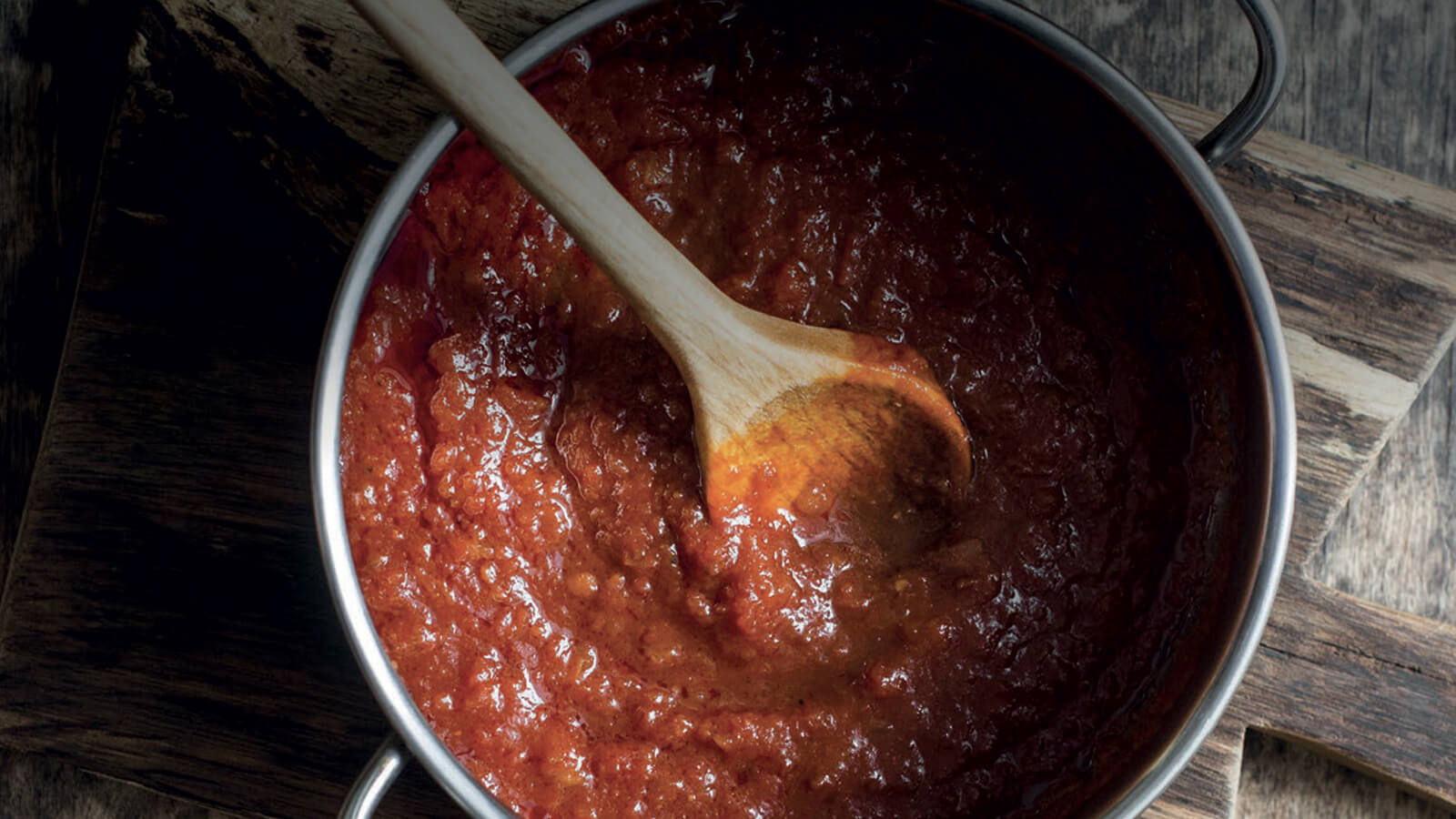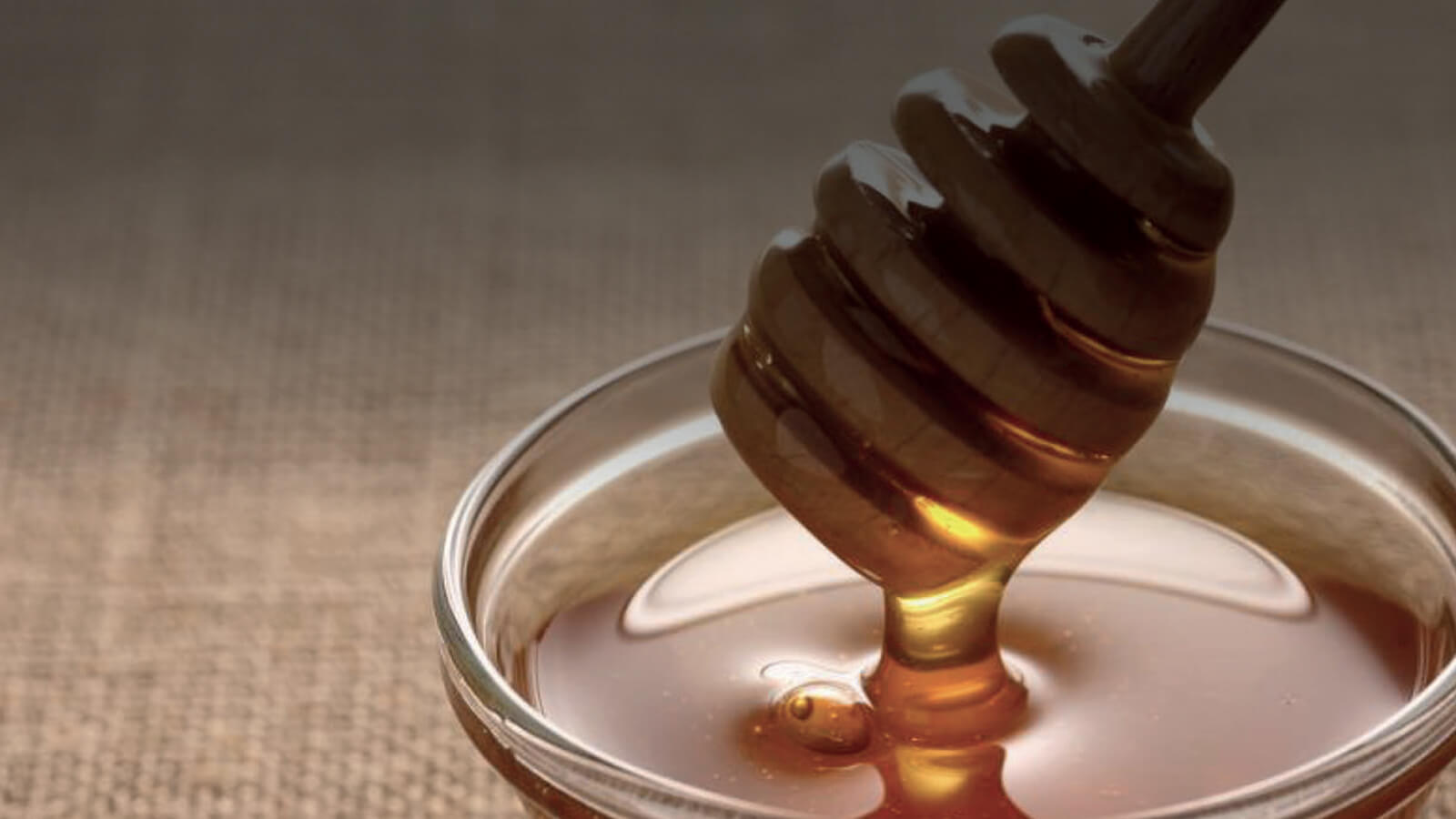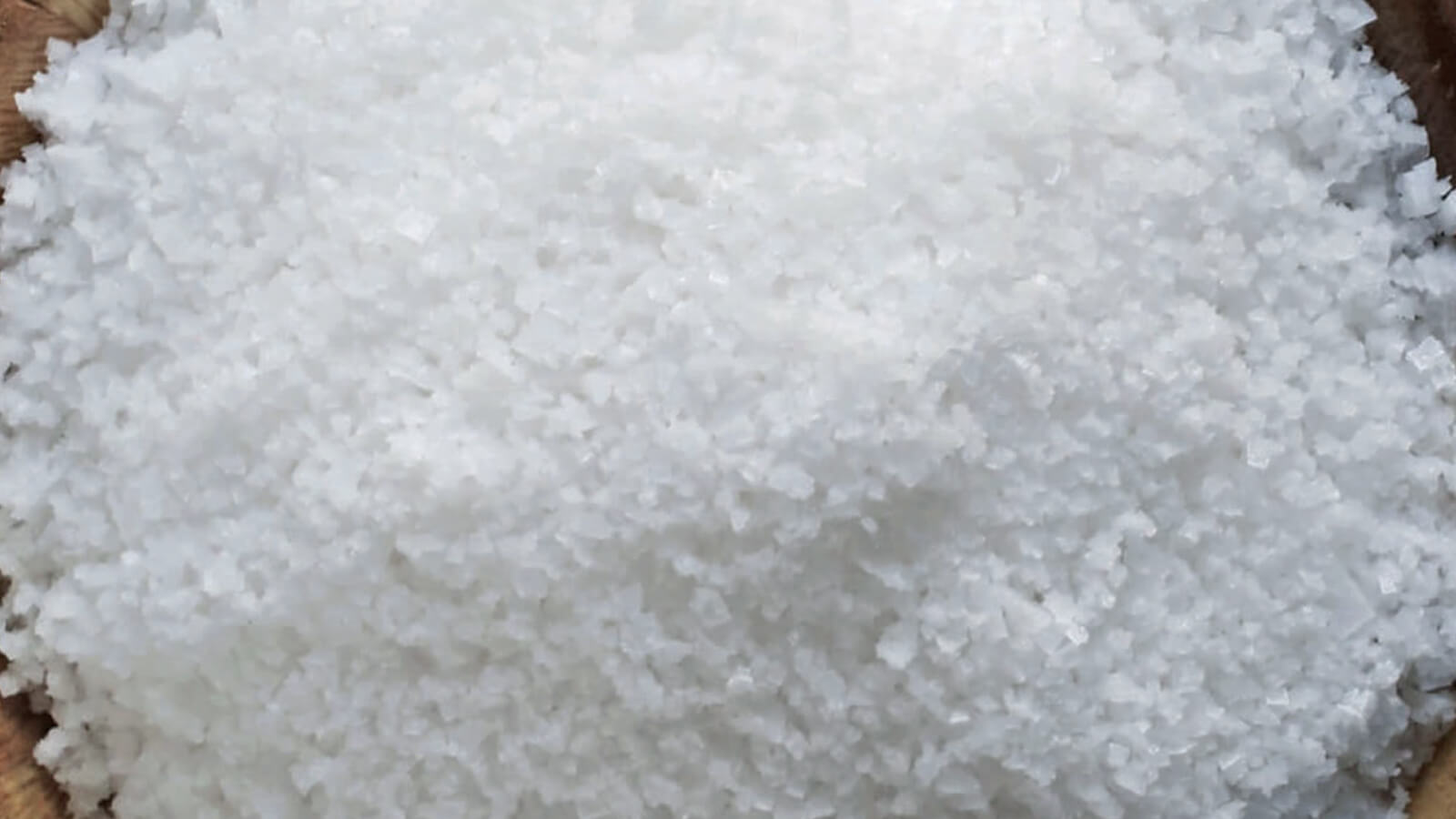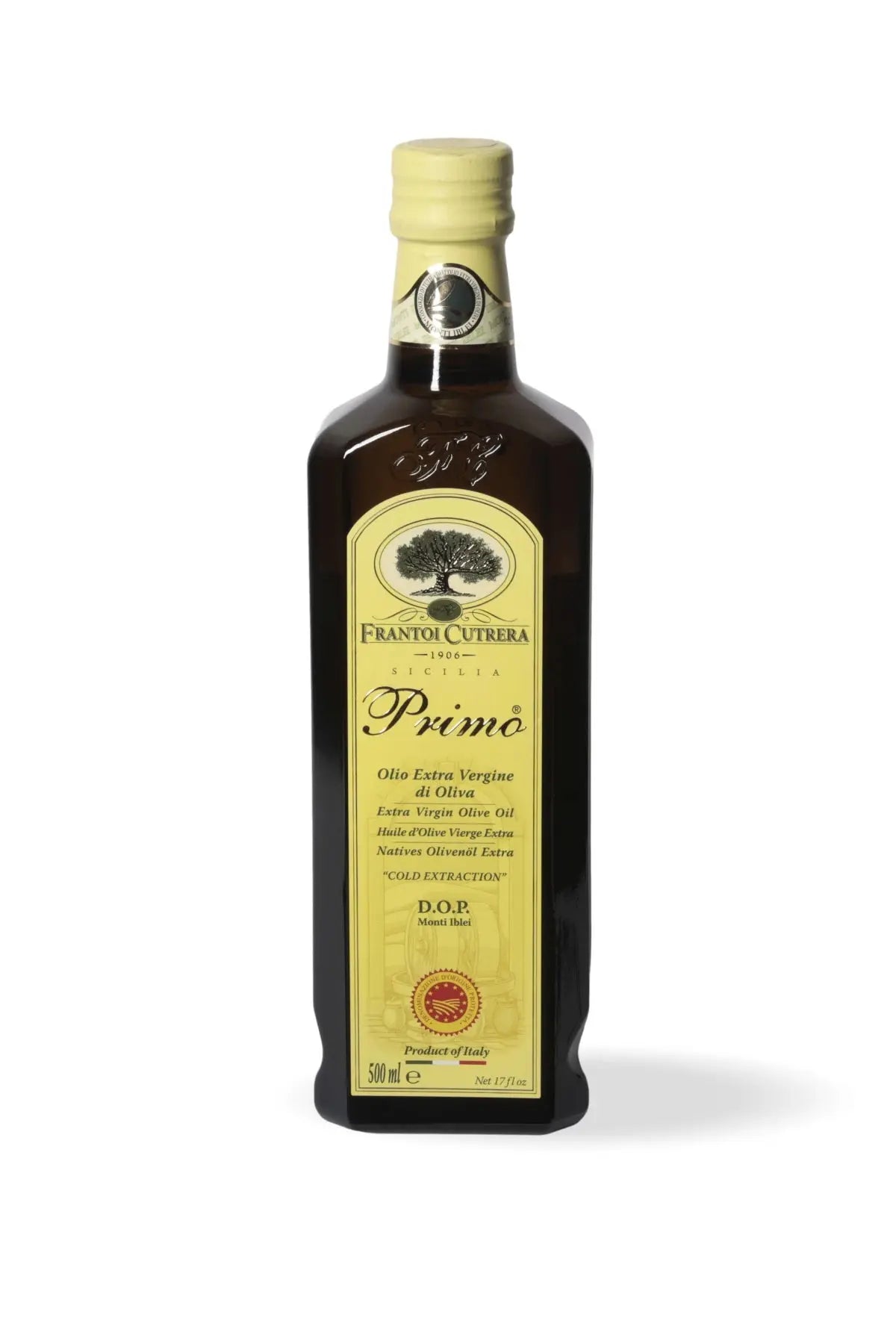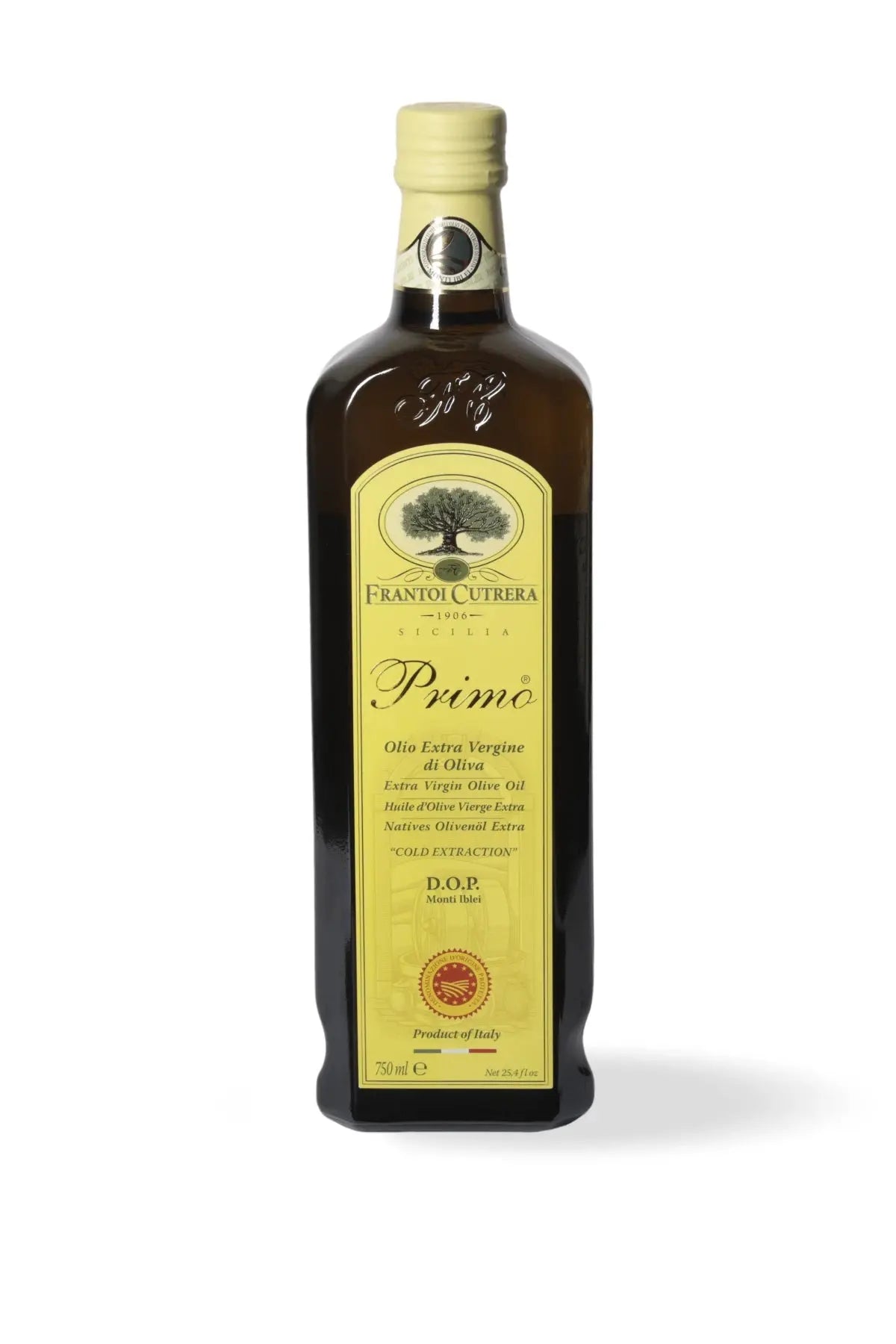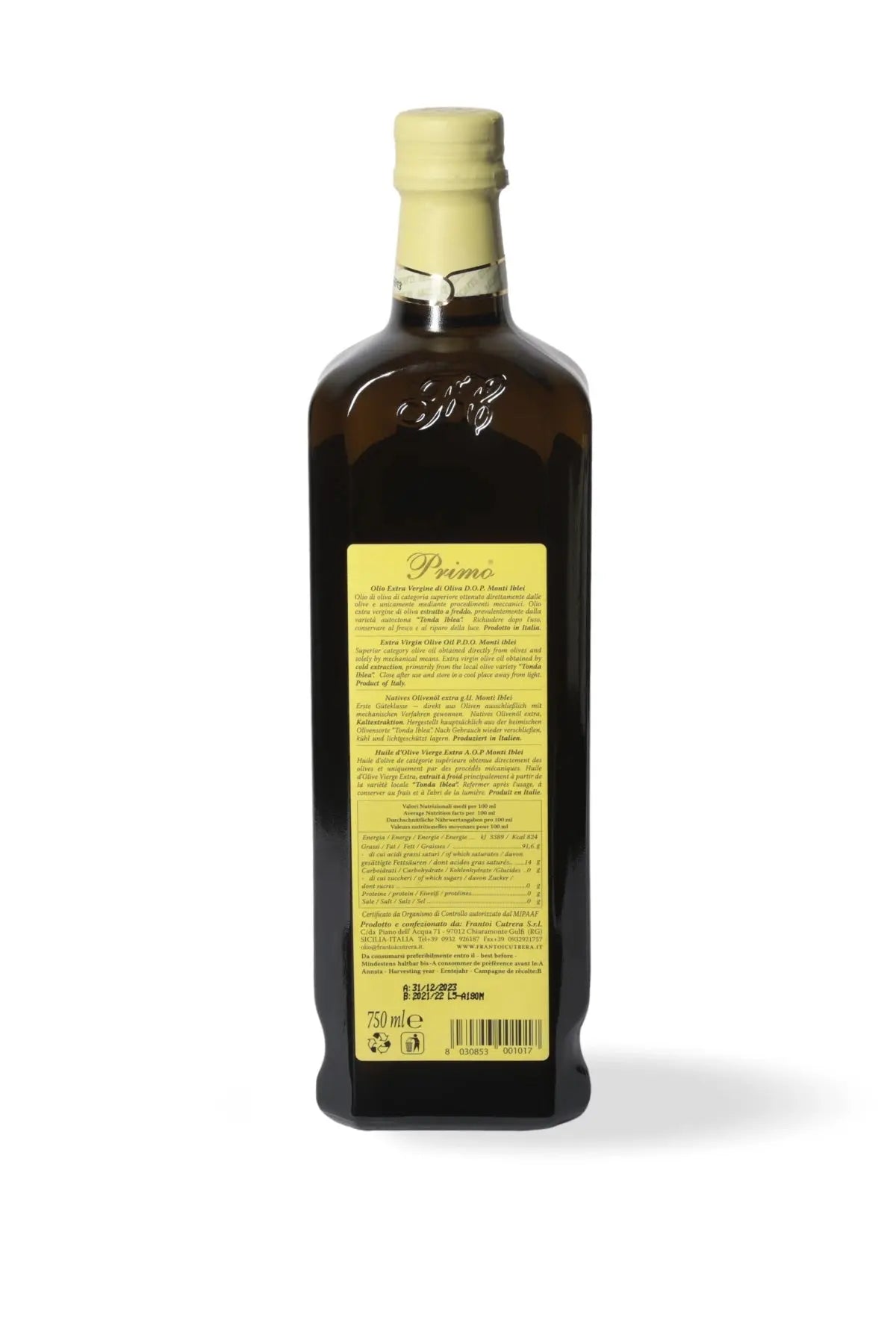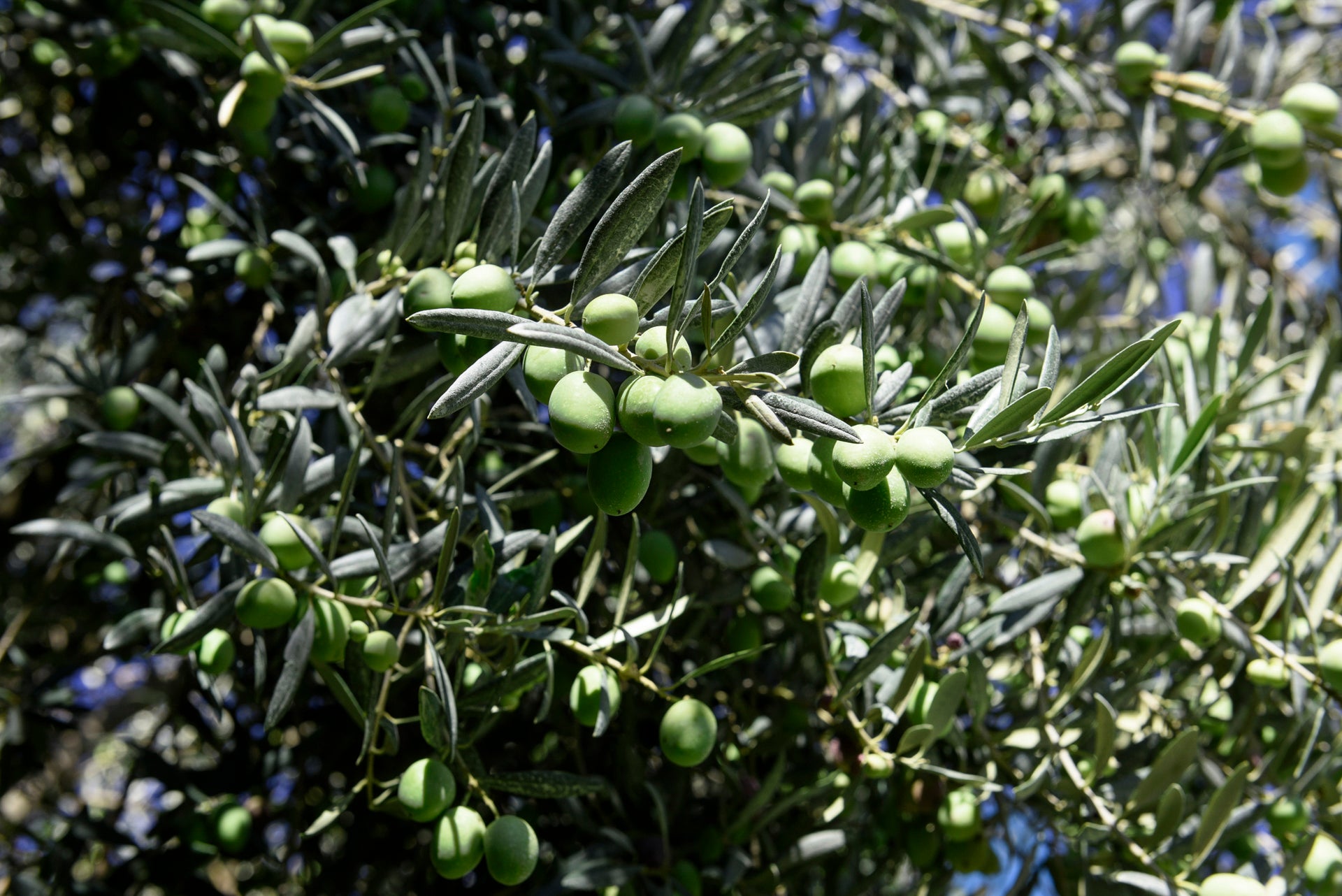
How olive oil can help reduce cholesterol
Introduction to olive oil
Olive oil is a staple in the Mediterranean diet and offers numerous health benefits. Rich in monounsaturated fats, such as oleic acid, olive oil is known to reduce bad cholesterol (LDL) in the blood, thus improving cardiovascular health. It also contains antioxidants that help fight inflammation and protect cells from free radical damage.
- Heart Benefits : Olive oil may help reduce the risk of heart disease and stroke, thanks to its healthy fats that improve blood cholesterol levels.
- Anti-inflammatory properties : The antioxidants found in olive oil help reduce inflammation in the body, which is often associated with chronic diseases such as atherosclerosis.
When it comes to choosing olive oil, it is advisable to opt for extra virgin olive oil, as it is less refined and therefore retains more of the beneficial nutrients. It is important to remember that olive oil, although healthy, is still rich in calories, so it should be consumed in moderation as part of a balanced diet.
Additionally, olive oil is a versatile choice in the kitchen: it can be used to dress salads, marinate meats, cook vegetables, or even replace butter in many recipes. Regularly incorporating olive oil into your diet can bring numerous health benefits, helping to keep cholesterol levels low and promoting overall body wellness.
Composition of olive oil and cholesterol
Olive oil is primarily made up of monounsaturated fats, such as oleic acid, which are known for their beneficial effects on cardiovascular health.
-
Oleic acid: This monounsaturated fatty acid is the main component of olive oil and has been shown to be effective in reducing bad LDL cholesterol in the blood.
-
Antioxidants: Olive oil also contains antioxidants such as vitamin E and polyphenols, which help fight inflammation and protect cells from damage caused by free radicals.
-
Low levels of saturated fat: Unlike other vegetable oils, olive oil has low levels of saturated fat, which can increase bad cholesterol levels in the blood.
-
HDL cholesterol: Olive oil has been shown to increase levels of good HDL cholesterol, which plays a protective role against heart disease.
The beneficial properties of olive oil are mainly due to its unique composition of healthy fats and antioxidants. By incorporating olive oil into our diet, we can help reduce bad cholesterol in the blood and improve heart health.
Role of olive oil in regulating cholesterol
Olive oil is a food rich in monounsaturated fats, which plays a fundamental role in regulating cholesterol levels in our body. Thanks to the presence of beneficial fatty acids such as oleic acid, olive oil helps reduce bad LDL cholesterol and increase good HDL cholesterol, thus helping to keep blood cholesterol levels in balance.
-
Reduction of LDL cholesterol: Olive oil contains antioxidants and phenolic compounds that help reduce the buildup of bad cholesterol in the arteries, preventing the formation of plaques that can impede blood flow.
-
Increased HDL cholesterol: The monounsaturated fatty acids present in olive oil promote the increase in good cholesterol, which has an important protective action against cardiovascular diseases.
-
Anti-inflammatory effect: Olive oil also contains anti-inflammatory compounds that help reduce inflammation systemically, promoting heart and artery health.
-
Promoting Heart Health: Regularly consuming olive oil as part of a balanced diet can help reduce the risk of cardiovascular disease by protecting heart and artery health.
In conclusion, the inclusion of olive oil in our daily diet can be a precious ally in regulating cholesterol levels and promoting cardiovascular health.
The antioxidants present in olive oil and their health benefits
We love olive oil not only for its delicious flavor, but also for its powerful antioxidants that provide numerous health benefits. Here's how the antioxidants in olive oil can help us:
- Polyphenols: These antioxidant compounds fight oxidative stress in our bodies, reducing inflammation and protecting cells from free radical damage. This helps reduce the risk of heart disease and diabetes.
- Vitamin E: Another powerful antioxidant found in olive oil is vitamin E, which plays a key role in protecting cell membranes and maintaining healthy skin. It also helps reduce inflammation in the body.
- Phytosterols: The phytosterols found in olive oil help reduce the absorption of bad cholesterol into the blood, helping to keep cholesterol levels low and protect heart health.
Extra virgin olive oil, with its high concentration of antioxidants, is particularly beneficial for our health. Let's make sure to include it in our daily diet to enjoy all the benefits that antioxidants can offer.
The types of fats found in olive oil and their impact on cholesterol
In olive oil, we mainly find two types of fat: saturated and unsaturated.
-
Saturated fats : Present in smaller quantities than saturated fats, they are mainly found in olive oil. These fats can increase LDL cholesterol, commonly known as "bad cholesterol." However, olive oil is known to contain a significant percentage of monounsaturated fats, which can have positive effects on cholesterol.
-
Unsaturated fats : Olive oil is rich in monounsaturated fats, especially oleic acid. These fats can help reduce LDL cholesterol, helping to improve your overall lipid profile. Additionally, olive oil also contains polyunsaturated fats, such as omega-3 and omega-6 fatty acids, which are beneficial for cardiovascular health.
The beneficial effect of olive oil on cholesterol it depends on the quantity and type of fats present. Consuming olive oil as part of a balanced and healthy diet can help keep cholesterol under control, reducing the risk of cardiovascular disease.
Scientific studies on the effectiveness of olive oil in combating cholesterol
We analyzed several scientific studies to better understand how olive oil can influence cholesterol levels in our body. Here's what we discovered:
- A study published in the "Journal of the American Medical Association" showed that regular intake of olive oil can help reduce bad LDL cholesterol in the blood.
- Other studies conducted at Harvard University have highlighted that a diet rich in olive oil can have positive effects on the lipid profile, increasing levels of good HDL cholesterol.
- Furthermore, the presence of antioxidants in olive oil can help reduce the oxidation of LDL cholesterol, thus reducing the risk of plaque formation in the arteries.
This scientific evidence suggests that olive oil could be an important ally in keeping cholesterol levels in our body under control.
Creative ways to incorporate olive oil into a balanced diet
Here are some creative ways to incorporate olive oil into your daily diet in a delicious and nutritious way:
- Salad Dressing : Replace dressings with a simple dressing of olive oil, lemon, garlic and fresh herbs for a light, tasty salad.
- Adding to Soups and Stews : After cooking, add a drizzle of extra virgin olive oil to your soups and stews for a boost of flavor and healthy fats.
- Olive Pesto : Create an alternative pesto using fresh basil, pine nuts, grated cheese and olive oil in place of seed oil.
- Marinade for Meat and Fish : Mix olive oil with herbs and spices to create a tasty marinade for meat and fish.
- Roasting Vegetables : Before baking your vegetables, toss them with a little olive oil, salt, and pepper for a flavorful, crunchy side dish.
Olive oil is a healthy and delicious alternative to less healthy fats like butter or vegetable oil. Experiment with these creative ideas for integrating olive oil into your regular diet and enjoy the benefits for your cardiovascular health.
Considerations on the amount of olive oil to consume to obtain the desired benefits
Consuming olive oil can bring numerous benefits to our health, in particular by reducing bad cholesterol in the blood. However, it is important to consider the amount of olive oil we should consume to achieve the desired results. Here are some useful considerations:
-
Moderation is key : Even though olive oil is healthy, it is important to consume it in moderation. An excess of calories, even from healthy fats like those found in olive oil, can lead to unwanted weight gain.
-
Recommended portions : According to experts, a moderate amount of olive oil to consume per day is around two or three tablespoons. This amount provides benefits without adding too many additional calories to the diet.
-
Choosing Olive Oil : To maximize health benefits, it is advisable to opt for extra virgin olive oil. This variety contains a high amount of antioxidants and healthy fatty acids that support cardiovascular health. All Frantoi Cutrera oils are strictly extra virgin.
-
Integration into a balanced diet : To obtain maximum benefits in cholesterol control, it is essential to integrate olive oil into a balanced diet, rich in fruit, vegetables, whole grains and lean proteins.
-
Consult a professional : Before making significant changes to your diet, it is advisable to consult a nutritionist or doctor. They can provide personalized guidance on the amount of olive oil to consume based on individual needs.
Maintaining moderate olive oil consumption as part of a balanced diet can significantly help reduce cholesterol and improve overall health.
Possible contraindications of excessive consumption of olive oil
Some potential risks from excessive olive oil consumption include:
- Weight Gain : Olive oil is high in calories and its excessive consumption could lead to weight gain if the amount consumed is not controlled.
- Oxidative stress : If consumed in excess, olive oil could contribute to the accumulation of free radicals in the body, leading to cell-damaging oxidative stress.
- Digestive problems : Olive oil can have a laxative effect if consumed in large quantities, causing possible intestinal disorders.
- Alterations in the lipid profile : Despite the benefits on cholesterol, excessive consumption of olive oil can lead to increased blood fat levels if it is not consumed in moderation.
It is therefore important to consume olive oil in moderation and include it in a varied and balanced diet to avoid potential adverse effects.
Conclusions and recommendations to make the most of the benefits of olive oil in combating cholesterol
Since olive oil has been shown to have positive effects on cholesterol, it is important to adopt some recommendations to maximize its benefits:
-
Choice of oil : Opt for high-quality extra virgin olive oil, as it contains more antioxidants and health-promoting compounds than other varieties.
-
Daily consumption : Be sure to include a portion of olive oil in your daily dishes, for example when dressing salads or roasted vegetables.
-
Reduce less healthy condiments : Replace butter, margarine or other saturated fats with olive oil in your cooking to reduce your intake of harmful fats.
-
Avoid overheating : Use olive oil to season dishes at low or medium temperatures and avoid overheating, as it may compromise its health benefits.
-
Healthy pairings : Combining olive oil with foods rich in fiber such as legumes, fruit and vegetables can further enhance its positive effects on cholesterol.
By following these recommendations and consciously incorporating olive oil into your daily diet, you can fully benefit from its healthful properties in combating cholesterol and promoting overall well-being.
If you are looking for an extra virgin olive oil of the highest quality and 100% Italian origin, we recommend you visit our shop : you will be able to find different types of oil that will certainly be right for you!
Share




















